The Group of Seven (G7) is an intergovernmental organisation consisting of representatives from Canada, France, Germany, Italy, Japan, the United Kingdom and the United States. The European Union is also a member, holding all the privileges and obligations of membership but without the right to host or chair a summit. The G7 often serves as a pathfinder group, piloting activities for broader G20 and UN initiatives that may be too complex to manage with a larger set of partners.
In 2016, the G7 agreed to take an ambitious and holistic approach to tackling ocean issues, and developed the Future of the Seas and Ocean Initiative (FSOI) with 5 main action areas:
- Support the development of a global initiative for enhanced, global, sustained sea and ocean observing system.
- Support an enhanced system of ocean assessment through the UN Regular Process for global reporting and assessment of the state of the marine environment.
- Promote the improvement of global data sharing infrastructure to address the challenges of physical, chemical and biological data.
- Strengthen collaborative approaches to encourage the development of regional observing capabilities and knowledge networks.
- Promote increased G7 political cooperation by identifying additional actions needed to enhance future routine ocean observations.
The G7 FSOI initiative offers a new mechanism to address the challenge of strengthening and sustaining ocean observations through the coordinated actions of the G7 members, who together fund more than half of global ocean observations.
Building on discussions and progress to date, members have emphasised the importance of focusing the G7 initiative on issues at the nexus of science and governance that address global ocean observations, working with the Global Ocean Observing System to pilot efforts in areas where the FSOI can add unique value.
In a Statement to the OceanObs’19 Conference, the G7 FSOI members explained: As leaders in ocean observing, the G7 FSOI Working Group recognise that implementing a system of high quality, sustained ocean observations cannot be done in isolation, and that it needs to be a coordinated, collaborative and global effort. Therefore, through leading by example, we hope to promote and support partnerships, networks, and increase the availability of science through open data and scientific cooperation amongst the global community.
- Visit the G7 FSOI website for more information
- Link to the Global Ocean Observing System website





